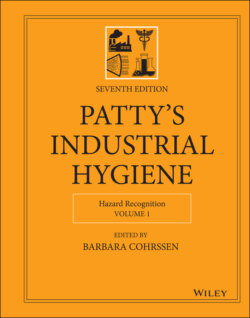Читать книгу Patty's Industrial Hygiene, Hazard Recognition - Группа авторов - Страница 50
4.1 Reason‐Based Approach
ОглавлениеThere are three primary reason‐based approaches, according to Jan Wachter: consequentialism, deontology, and virtue ethics.
Consequentialism, as the name indicates, focuses on the ethics or morality of the consequence of the decision. Utilitarianism (the greatest good for the greatest number of people) is an example of this approach. The obvious criticism of consequentialism is that the ends do not always justify the means.
A deontological perspective emphasizes how the decision or action fits a set of principles or rules – doing ones duty regardless of the consequences. An example might include making a complaint to the Occupational Safety and Health Administration or other enforcement agency against a non‐conforming company, despite a concern that the company might close or lay off employees in dire need of the paycheck. In this instance, the deontological perspective might argue that the employees are owed a safer workplace and if action is not taken against this company, perhaps it would not be taken against any. Wachter points out that the challenge with a deontological approach is that it may leave the health and safety professional to choose between two evils.
Virtue ethics determines the appropriateness of a decision based on the character traits that it demonstrates. The example traits that Wachter provides include “practical wisdom, benevolence, justice, loyalty, truthfulness, generosity, friendliness, courage, kindness, integrity, and respect.” While, likely all, or at least most strive for these characteristics, this approach to ethical decision‐making may not be as helpful as the other reasoned approaches, and, in reality, one can imagine that the aforementioned traits may conflict in a given situation. As Wachter points out, one common dilemma is having to choose between loyalty and truthfulness.
